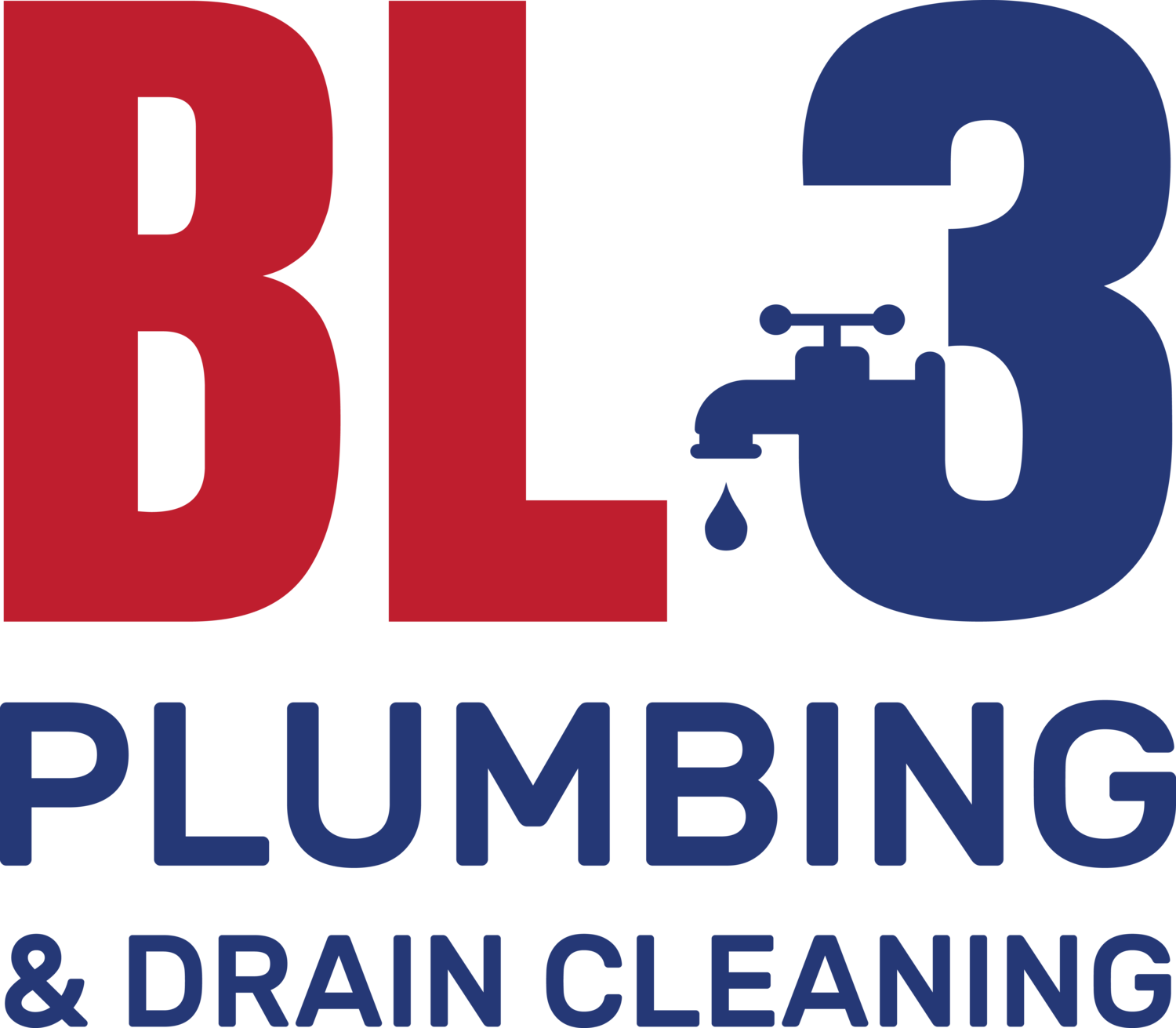Most homeowners know the potential damage freezing temperatures can have on your plumbing system. Other weather changes also have an impact on your pipes, like droughts, summer heat, and tree roots. Here are the ways weather can affect your plumbing, and what you can do to protect your pipes.
April showers bring more than just May flowers.
Of course, we’re all anticipating the bright spring colors. However, all that rain can be a problem for your plumbing.
One problem with excessive rain is pipes shifting if they are underground, which can lead to cracks in the pipe. The best defense for wet weather strain on your plumbing system is a good offense. If you have problems in normal weather, then those problems can escalate quickly with wet weather.
Oklahoma’s wild weather can be a big problem. Lightning looks for the easiest path to the ground, and sometimes that means traveling through your drains. The heat and electricity can lead to holes in the pipes. Since you can’t control the weather (or lightning) just be vigilant if you notice any major changes in your plumbing system after a big storm rolls through.
Don’t get yourself into a hot mess.
During the heat of summer, the soil around your home expands and causes the ground to move.This shifts the foundation your home sits on and can cause damage to your pipes or even cause them to burst.
In dry conditions, it has the same result. The lack of water causes the ground to crack, which leads to problems with the soil around your pipes by causing them to contract and expand frequently.
Unfortunately, the only solution to this problem is acting quickly if you notice a leak.
Tree roots are no friend of plumbing systems. During dry summer conditions,trees are desperate for any moisture, and they might start snaking their way into your pipes. Make sure you know exactly where your water lines are located before you plant trees or any vegetation known to have long roots.
Summer means the kids are home from school. Overusing the toilets can cause them to clog. Take caution by reminding your family not to flush non-biodegradable products, and to be frugal with use of toilet paper.
Another thing to consider in the warmer months is your sprinkler system. When temperatures get hot, sprinklers start working overtime, and they can cause a drop in water pressure inside your home.
Winter will be back again.
It won’t be warm forever. The cold will inevitably find its way back to our state. So, always be sure to protect your plumbing system from freezing temperatures.
This can be done by simply removing water hoses, dripping your faucets, and opening the cabinets below your sinks. For exposed piping outside, there are some products available to insulate them. If water freezes inside your pipes, the ice expands which causes them to burst.
Don’t forget about your water heater. During winter months, the water in your pipes gets colder. This causes a strain on your hot water tank because the system is using extra energy to heat the water.
Check for indications there might be a leak, and listen for any rumbling the unit is doing. Also, monitor any major drops in the amount of hot water your tank is producing. If the water struggles to stay warm for the duration of a shower, you should probably contact a professional.
From steamy summer months to freezing temps in January, plumbing issues can pop up all year. Be weather aware, pay attention to drought and always track the next freeze. Using simple precautions will ensure your plumbing system does not take on unnecessary damages.
If you have a plumbing problem, you can call us anytime at (405) 237-1414 and we’ll come assess and fix the problem.


